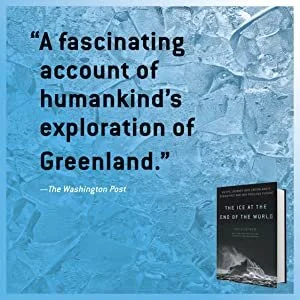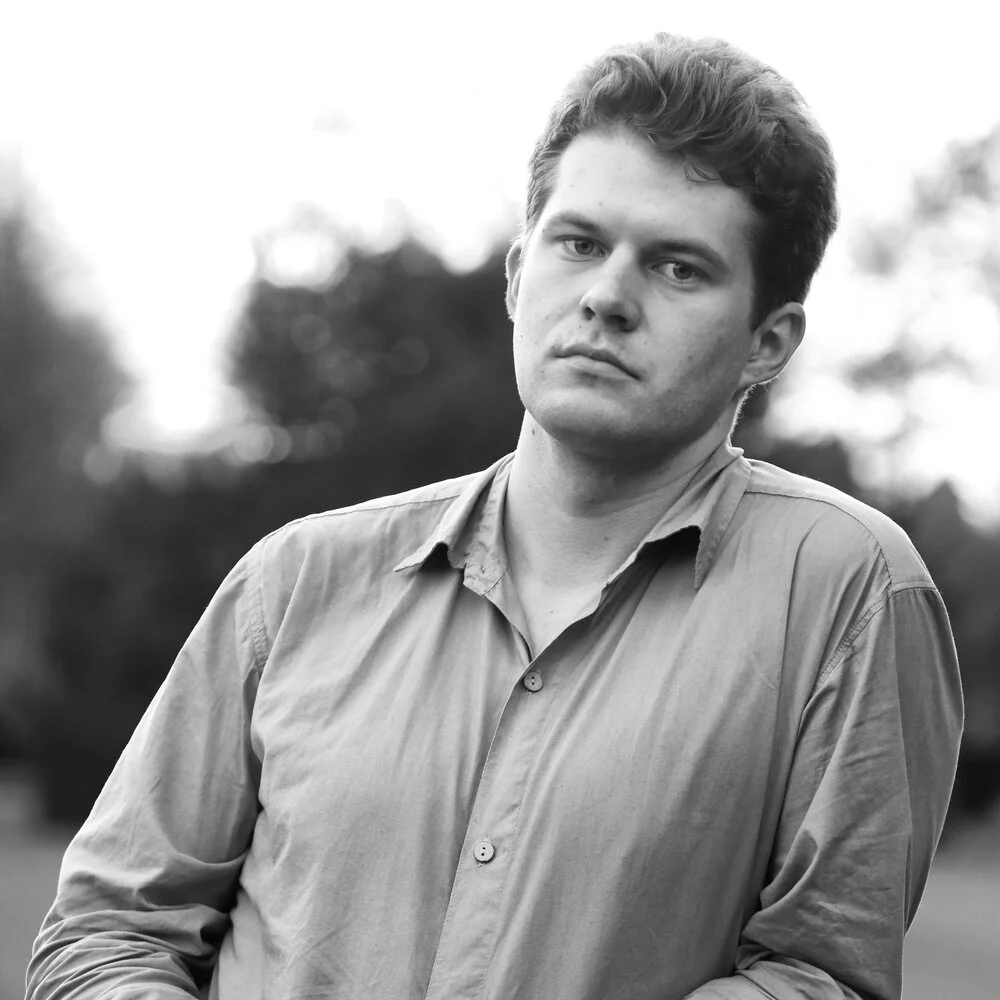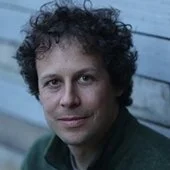(Highlights) NICK MEYNEN
/Senior Policy Officer Economic Transition at European Environmental Bureau
Author of Turning Point: The pandemic as an opportunity for change
Now with this crisis even the IMF, even the economists are saying we’re not going to go back to the neoliberal era. And they were defending this era for decades. So, I have hope that maybe we can now transition to something like a Wellbeing Era, where countries are already saying “we want to be a wellbeing economy. New Zealand is telling every ministry: Tell us how you are improving the wellbeing of the New Zealand people. So that means wellbeing has become the cop who rules over the others. There are countries like Bhutan who have thirty years of experience of doing that. They call it Gross National Happiness.




















